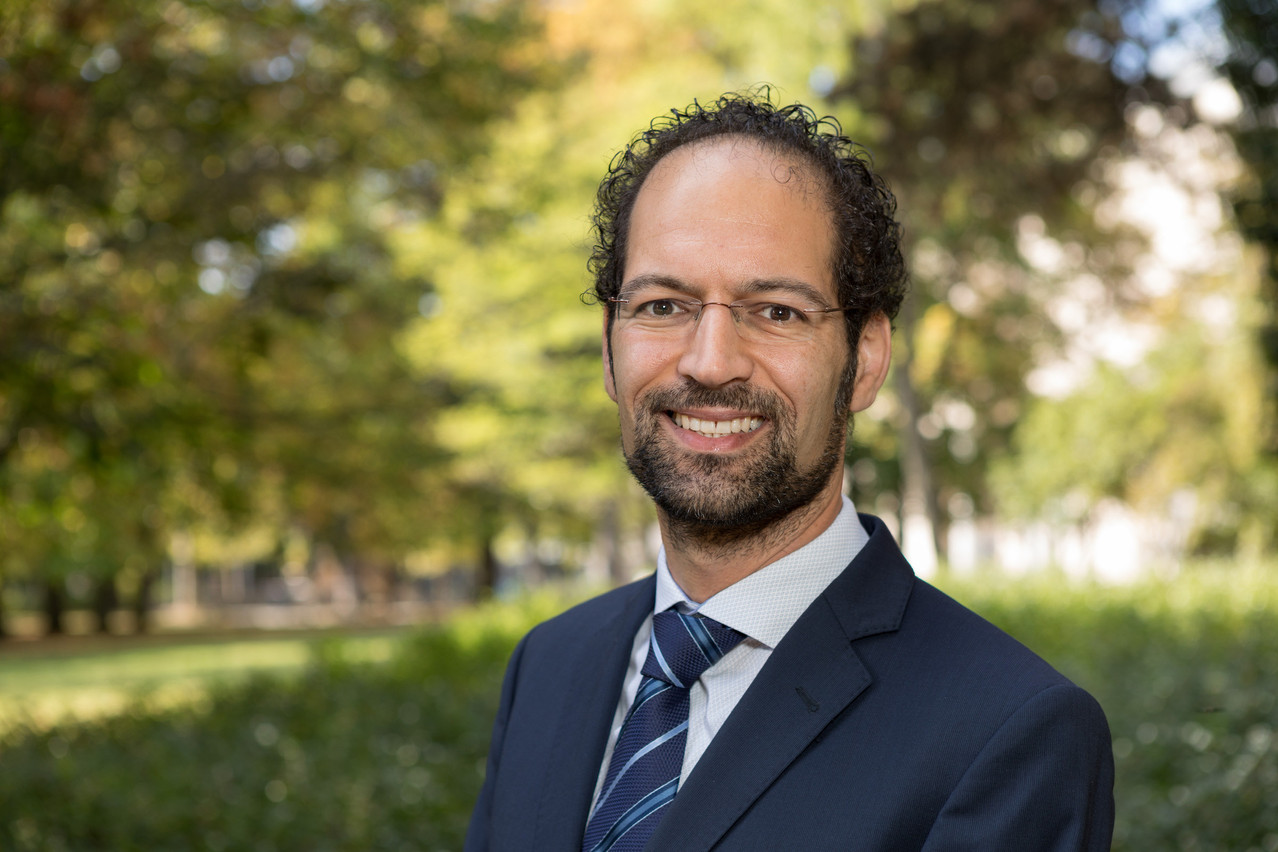First off, why are supply chains getting more complex? Mantin points to a few factors. One is the growing complexity of the products being built: the average car has some 30,000 discrete components, while the ultra-complex lithographic machines used to make superconductor chips probably have even more. Speaking of those machines, a company in Luxembourg to develop a better valve for controlling the gases used in the microchip production process, which illustrates the granularity of the effort required to design and manufacture some modern hardware.
Another well-known factor is globalisation: facilities have been moved around the globe for various reasons, says Mantin, such as being closer to resources, clients, a cluster of expertise, etc. Some companies, he adds, are guilty of intentionally lengthening their supply chains so as to gain distance from--and plausible deniability of--unethical or illegal activities happening elsewhere in the chain.
Finally, he adds, improvements in efficiency are helping enable and normalise long supply chains, observable in the prevalence of bananas in supermarkets located thousands of kilometres away from the nearest banana tree.
So what? Well, as supply chains get longer and more complex, their maintenance gets more tenuous, a task compounded by threats (pandemics, wars) and by imperatives to improve standards of sustainability and governance. Longer chains are also vulnerable to exploitation from within: “Many companies have managed to carve out all the undesired activities and move them higher up or further down the supply chain.”
But finance has a role to play in these areas, as Mantin explains.
Buyer, supplier and bank
The basic level of supply chain finance, says the professor, regards the contractual terms between buyer and supplier, made more complicated because each entity is both a buyer and a seller depending on which way you’re looking: up or down the chain. “But it doesn’t end there. Let’s say your supplier is not in a very good financial situation. One solution is for you go to your bank and say: Look… how about you extend the loan to the supplier, leveraging my financial strength?” Thus, financial strength is getting distributed along the chain.
“So that’s where you’re moving [towards] a triangular arrangement. And there are all sorts of approaches there.” Such three-way engagements are becoming more common, says Mantin, with several mechanisms being employed to make it work in different ways.
It also doesn’t have to be a bank. “Recently, we’ve seen the entry of new players into this domain,” one such player being Prime Revenue, a fintech platform devoted to supply chain payments.
Due diligence
Companies are also looking beyond the entity just one step up or down the chain: “It’s not just you and your supplier, you and your buyer [anymore],” says Mantin. “We know that supply chains are incredibly complex, long and global.” If you work with your supplier, then you may want to work with your supplier’s supplier too, he points out. “That’s where things become a little bit blurry, but increasingly important, because of all the due diligence regulation coming into play.”
Essentially, a company may appear green but its supplier’s supplier (for example) may not be. This is relevant to banks, says Mantin, because they don’t want to give “brown” loans to companies that are tainted by bad environmental practices somewhere else in their supply chain. That includes service providers, too. “Due diligence is spreading through the system.”
“Increasingly, we need to understand not only the company in which we are investing, but also its supply chain environment. Who are the suppliers of this company? Who are the clients? We need to go deeper…” says Mantin, summarising the perspective of a colleague who has noted that attention of this type--on supply chain environments as a whole--may be lacking in Luxembourg’s financial sector.
Resilience
Another intersection of finance and logistics is in making the supply chain more resilient via investments. To improve resiliency, says Mantin, you have lots of options: getting multiple suppliers and backups, diversifying, working more closely with suppliers, setting up warehouses in different places to cushion the number of critical points, etc. “All that costs money.”
“But,” he adds, “the measurement of resilience is not so clear.” Risks can be quantified based on history, he says, but this is not a perfect system. “You need to have a discussion with your financial officer to make sure you can quantify the benefits, to secure investments in what is really important for your supply chain operations.”
Supply chains in evolution
Disruptions to supply chains are inevitable, says Mantin, citing the covid-19 pandemic, the war in Ukraine and a blockage in the Suez Canal in 2021 (when a ship called the Ever Given got stuck, blocking traffic for six days and causing an estimated loss of over $9bn in trade).
“I don’t think we can avoid many of those. But maybe we can rethink supply chains.”
Besides resiliency, there is a need for sustainability. “Logistics has become very cheap,” says the professor. “The fact that we can eat bananas on a daily basis that come from the other side of the globe… I’m not sure it makes a lot of sense. We may need to think about our own consumption, what is necessary, what is not necessary. And what we prioritise.”
